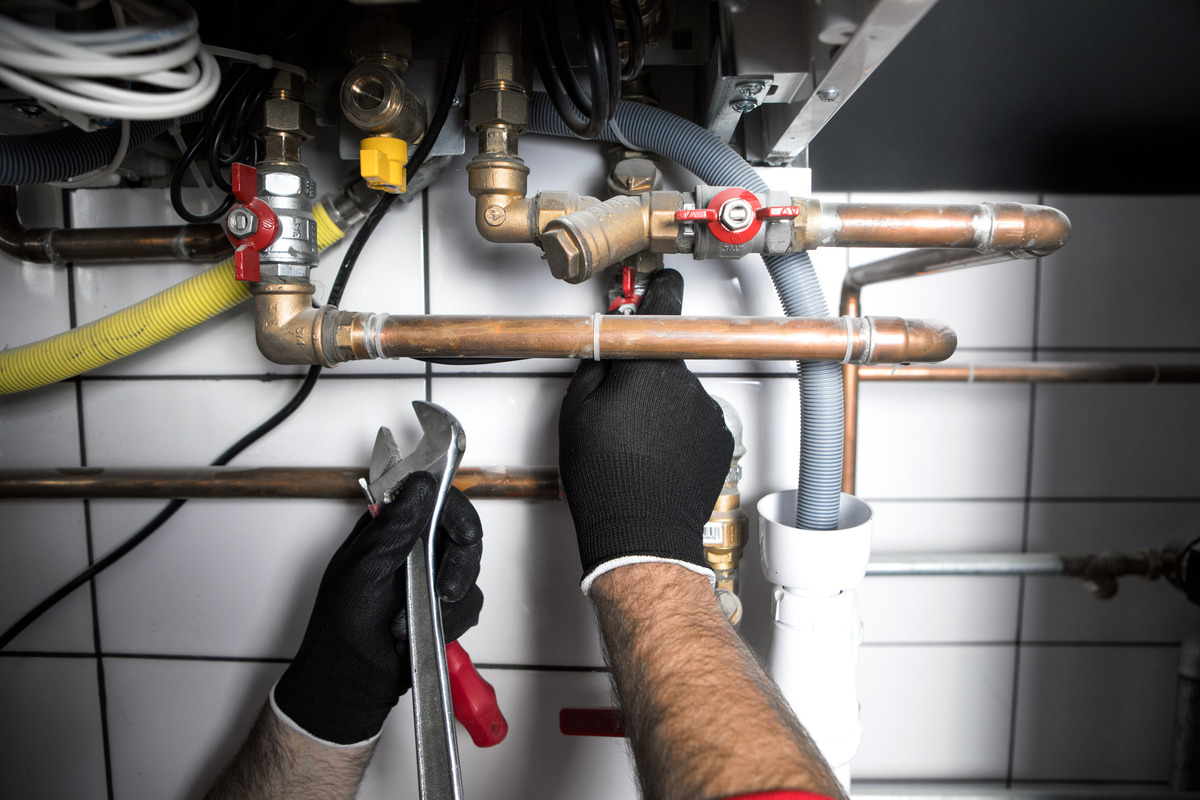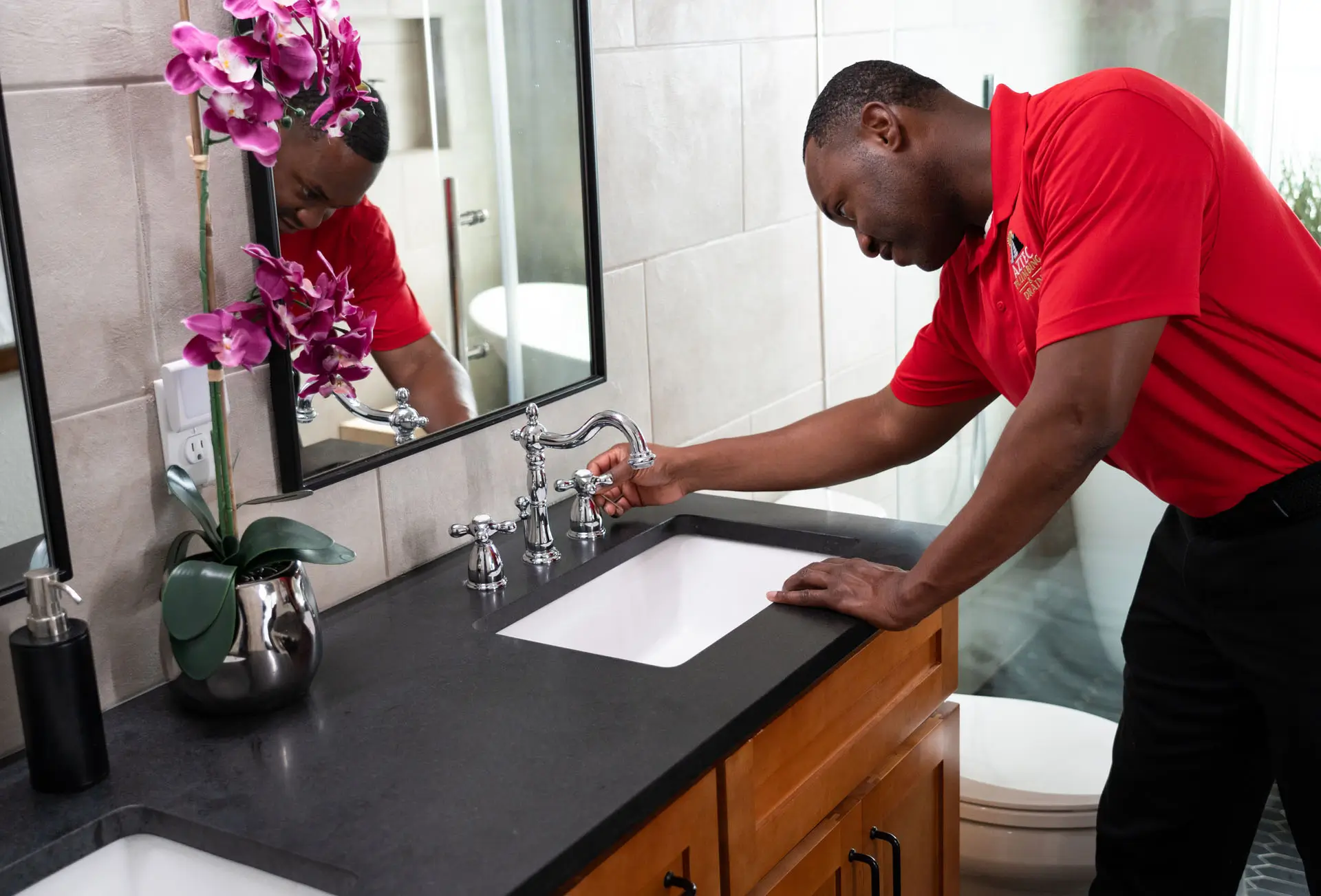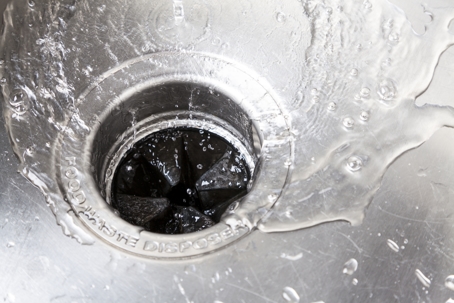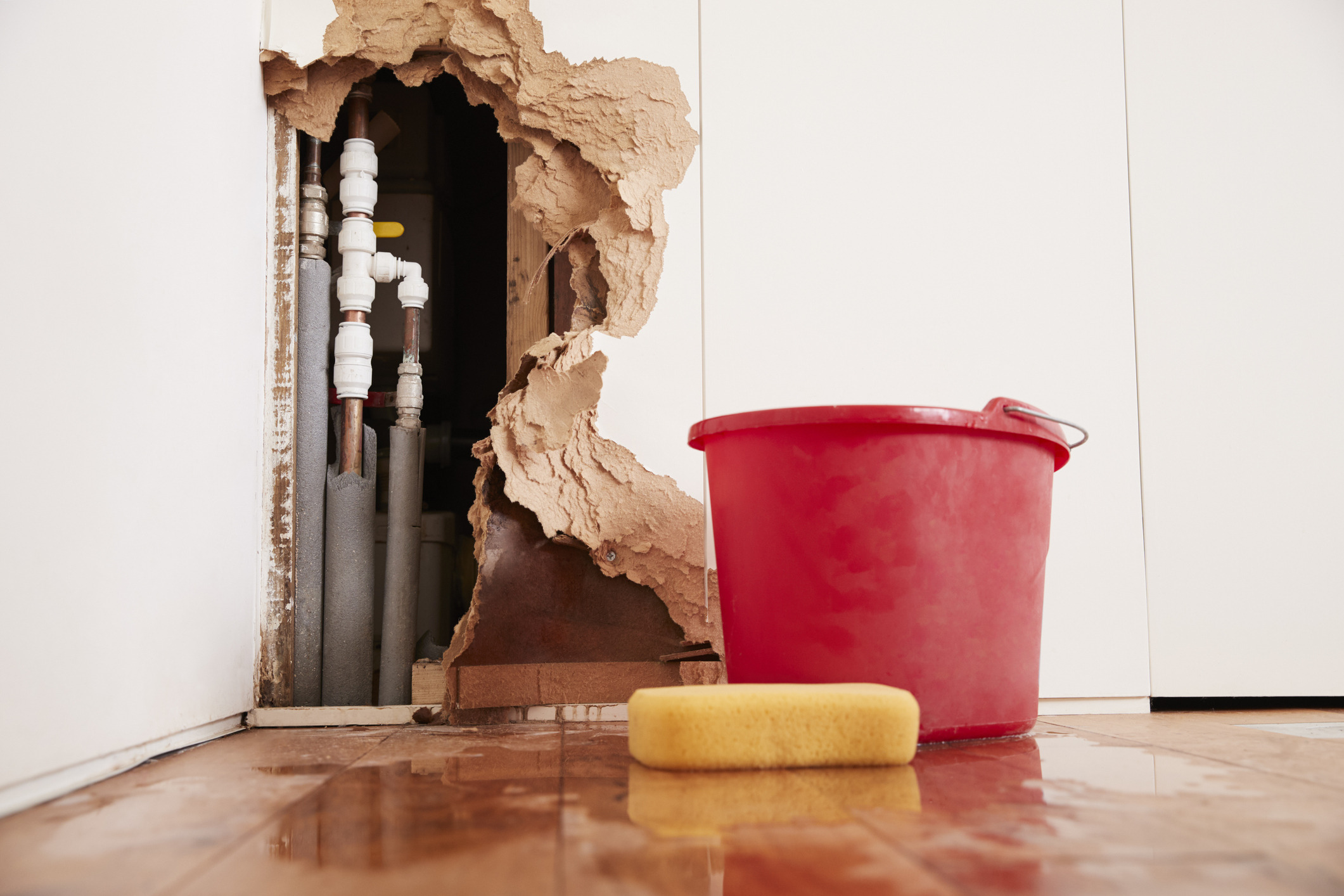Plumbing isn’t something most people think about until there’s a leak or costly repair. But if your home is several decades old, your pipes may already be nearing the end of their lifespan. Where we are based in Southwest Florida - covering areas like Fort Myers, Cape Coral, Naples, and Port Charlotte - humidity, salt air, and hard water all contribute to early pipe wear. Knowing what to expect can help you plan repairs before bigger problems develop. Let's dig into how long pipes last.
Average Lifespan of Different Types of Plumbing Pipes
Brass pipes have a general life expectancy of around 40 to 70 years while copper usually only lasts around 50 years and galvanized steel taking the prize for the shortest lifespan of around 20 to 50 years on average.
Other materials include:
- Cast iron, which can last 50 to 100 years underground but may corrode faster in wet environments
- PVC and CPVC, which can last 40 to 75 years when installed properly
- PEX pipe, which is flexible, corrosion-resistant, and typically lasts about 40 to 50 years
- Clay sewer pipes, with a lifespan of about 50 to 60 years, although they are brittle and prone to root intrusion
- Orangeburg pipe, which lasts only 30 to 50 years and often fails much sooner due to its fragile, compressed-fiber construction
If you’re not sure what type of plumbing is in your home, a professional inspection can help identify the materials and their current condition.
What Determines the Lifespan of Plumbing Pipes?
Several factors affect how long pipes last in a house. While the material is the biggest indicator, other things can accelerate wear and corrosion.
Key factors include:
- Pipe material: Each type has its own average lifespan
- Water quality: Hard water with high mineral content wears down some pipes faster
- Soil conditions: Sandy or corrosive soils in Florida can degrade underground lines more quickly
- Installation quality: Poor workmanship or older connection methods can lead to early failure
- Maintenance and water pressure: High pressure or infrequent flushing can stress pipes over time
Homeowners in Florida also face unique climate stressors, including tropical storms, moisture, and seasonal shifts that can accelerate corrosion or underground movement.
Signs Your Plumbing Pipes Are Reaching the End of Their Lifespan
- Frequent leaks or moisture spots on ceilings, walls, or floors
- Discolored water, especially reddish or brown tones from rust or sediment
- Reduced water pressure that isn’t caused by fixtures
- Recurring clogs or slow drains, particularly in older sewer lines
- Visible corrosion on exposed pipes under sinks or in basements
- Water with an unusual taste or odor
How Long Do Plumbing Pipes Last in Florida Homes?
Florida’s environment speeds up the aging process for many plumbing materials. Hard water leads to mineral buildup. Hurricanes shift underground lines. Constant moisture increases the risk of corrosion, even inside your walls.
As a result:
- Galvanized water pipe life expectancy may drop toward the lower end of the range
- Copper pipe life expectancy in Florida is often closer to 40 than 50 years, especially in areas with acidic water
- Clay sewer pipe life expectancy can be shortened by root damage in tree-lined areas
- Cast iron pipe installed underground may rust or scale more quickly due to moisture-rich soil
- PEX and CPVC offer solid performance in Florida homes due to their resistance to corrosion and temperature changes
Many homes in Fort Myers, Cape Coral, Port Charlotte, and Naples built before 1985 are already overdue for a plumbing evaluation.
Should You Repair or Replace Aging Pipes?
Aztec Plumbing & Drains helps you decide by inspecting your system and explaining your options.
You may want to consider full repiping if:
- Multiple leaks have occurred in a short time
- Your plumbing system includes outdated or unsafe materials like Orangeburg or galvanized pipe
- You’re planning a major remodel and want to avoid future pipe problems
- The cost of repeated repairs is adding up
If the issue is isolated or caught early, targeted repair may be enough to restore performance and extend your pipe’s life.
How to Extend the Life of Your Home’s Plumbing System
A few smart habits can help protect your plumbing system:
- Install a whole-home water softener to reduce mineral buildup in pipes
- Flush water heaters annually to prevent corrosion and sediment problems
- Avoid chemical drain cleaners that can weaken certain pipe materials
- Watch for early signs of trouble like dripping, discoloration, or foul odors
- Schedule regular inspections from licensed professionals who know what to look for
Preventive care keeps your system in better shape and helps catch issues early.
Aztec Plumbing & Drains Pipe Inspection & Repiping Services
Aztec Plumbing & Drains proudly serves homeowners across Southwest Florida with plumbing solutions with honest, upfront pricing. We offer $0 trip fees and provide expert recommendations tailored to your home’s age, pipe materials, and budget.
Our team provides:
- Professional camera inspections to assess underground or hidden pipe damage
- Clear, up-front pricing with no surprises
- Full or partial repiping services with modern, long-lasting materials
- Flexible scheduling and clean, respectful service every time
If you're wondering how long your pipes will last or need help deciding between repair and replacement, we're here to guide you. Give us a call today at (239) 932-2959.
Learn More in Our Repiping Series:










